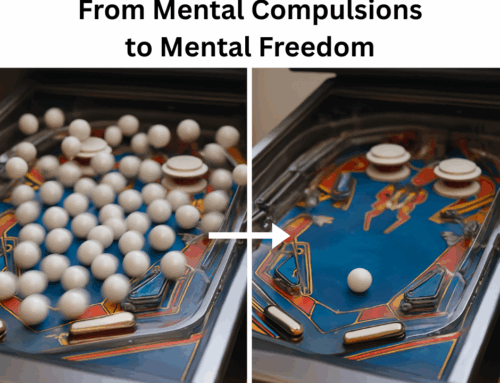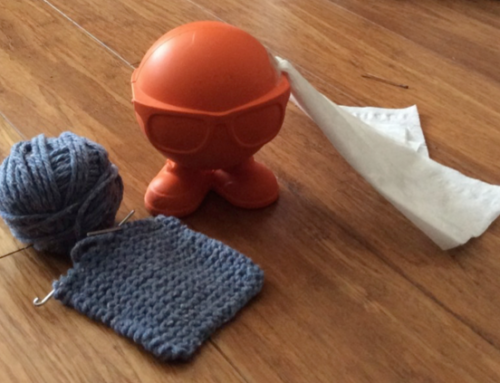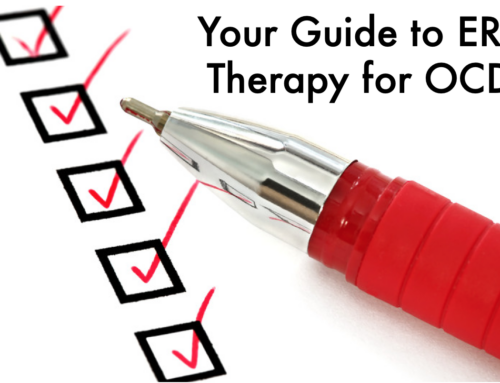I grew up in the 80s, and with the exception of the “big hair” phenomenon, nothing defines that decade for me more than the music. As a young teenager, I would spend almost every afternoon at my friend Debbie’s house, where we would create dance routines to go along with our favorite songs. So it’s no surprise that twenty some years later she would be the one to introduce me to Glee. “You just have to watch Glee,” she told me one day. “Trust me, you will love it.”
Don’t Stop Believin’
As we would have said in the 80s, she was “totally” right. Had I been a student at Glee’s William McKinley High  School, I would have wanted to be in Glee Club. Halfway through watching episode one I was already hooked (and also surprised to find out that one of the most lovable characters on the show, Emma, seems to have quite a case of contamination OCD!). But I became a true fan of the show at the end of the first episode when the club performs a version of an 80s favorite, Journey’s Don’t Stop Believin’, that was so heartfelt it brought tears to my eyes.
School, I would have wanted to be in Glee Club. Halfway through watching episode one I was already hooked (and also surprised to find out that one of the most lovable characters on the show, Emma, seems to have quite a case of contamination OCD!). But I became a true fan of the show at the end of the first episode when the club performs a version of an 80s favorite, Journey’s Don’t Stop Believin’, that was so heartfelt it brought tears to my eyes.
Over the past few months, I’ve found myself surfing over to Netflix when I have been in need of a little pick-me-up, just so I can watch the Glee cast sing this song. Not just once or twice, but a bunch of times. I have even pulled up Glee during sessions with my clients who have OCD and had us watch Don’t Stop Believin’ together. It’s an incredibly uplifting song, the chorus has a great message, and it’s fun to watch those actors having such a great time singing it.
A little pick-me-up
Sometimes, when you are working on getting over OCD, a little pick-me-up is just what you need. A bit of inspiration to keep yourself doing the hard work of getting better. So take a few moments to watch Glee’s performance of Don’t Stop Believin’ on Oprah below. It’s a great reminder that if you have OCD, don’t ever stop believing in yourself or in the power you have within you to get better, because you can take your life back from OCD.






Leave A Comment